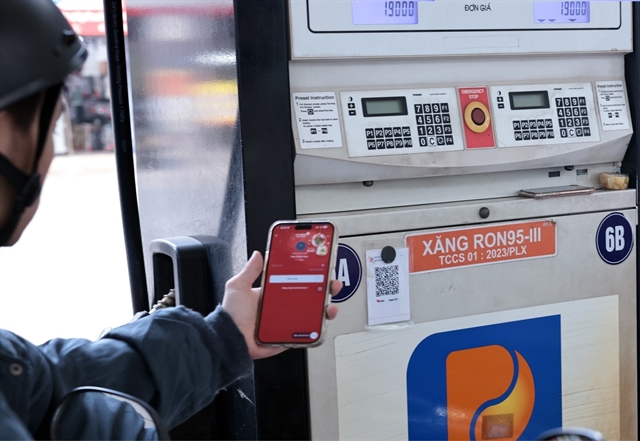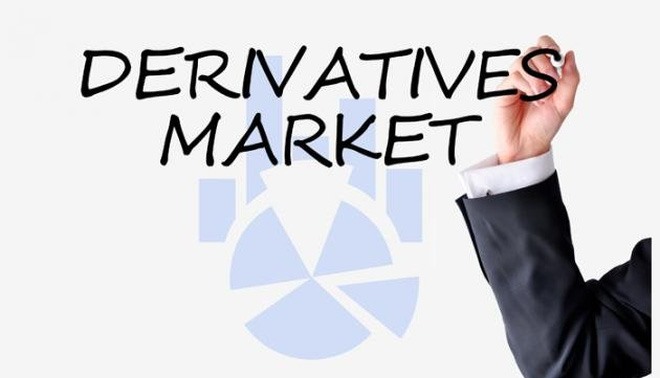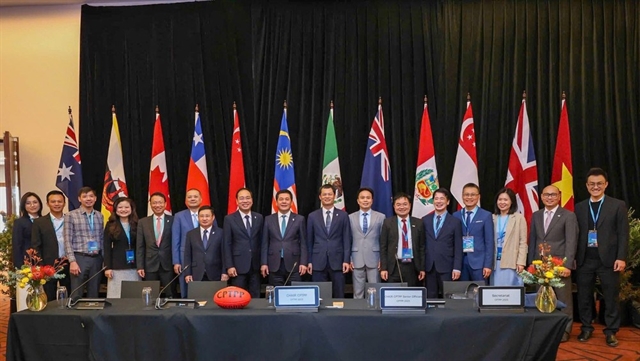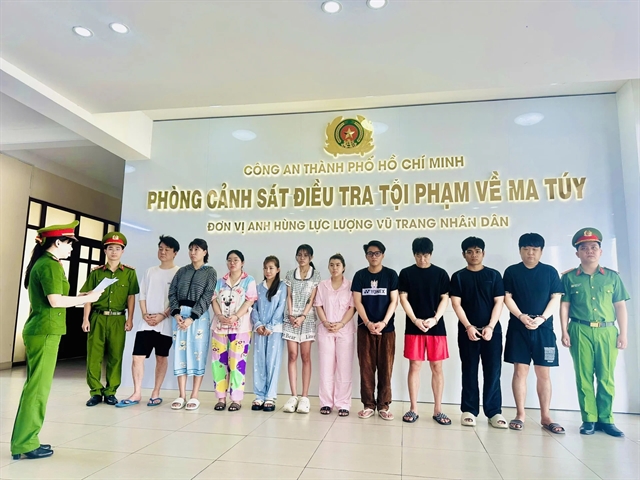 Economy
Economy

Việt Nam’s derivatives market will start operating in May or June in hopes it will improve Việt Nam’s securities market and attract more foreign investment, according to the Chairman of the State Securities Commission, Vũ Bằng.
 |
| Việt Nam’s derivatives market will start operating in May or June in hopes it will improve Việt Nam’s securities market and attract more foreign investment. — VNS Photo |
HÀ NỘI — Việt Nam’s derivatives market will start operating in May or June in hopes it will improve Việt Nam’s securities market and attract more foreign investment, according to the Chairman of the State Securities Commission, Vũ Bằng.
Bằng said at a meeting on Thursday in Hà Nội that the legal framework for the derivatives market has been completed. For example, the finance ministry loosened the regulation on investors’ margin deposit accounts, and an amended circular on the matter could be issued this month.
Bằng added that the Hà Nội Stock Exchange (HNX) and the Việt Nam Securities Depository (VSD) have completed developing regulations on the listing, trading, settlement and membership, and those regulations could also go into effect this month.
The trading and settlement systems have been tested and they are now stable and ready for market operation, Bằng said, adding that there are 16 brokerage companies ready for the derivatives market, but only half of them are licensed to participate in the market.
Covered warrants are another product expected to become available in September 2017, allowing holders to buy or sell a specific amount of equities, currency or other financial instruments, usually from or to a bank or a similar financial institution, at a specific price and time.
The legal framework for this product has been developed, Bằng said. HNX and VSD are developing instructions and criteria to monitor the trading system and the establishment of the covered warrant market.
Bằng said that the SSC has submitted a proposal on the merger of the two local exchanges to the Government and ministries for comments. “It is likely the two local bourses will be merged and a parent company will be founded to manage the two subsidiaries, which are the HCM and Hà Nội stock exchanges,” Bằng said.
Merging the two would raise the status of Việt Nam’s securities market from the frontier level to the emerging level, he said.
Other tasks ahead include raising foreign ownership in listed companies, simplifying administrative procedures for foreign investors, and disclosing business information in English.
Regarding the English information disclosure, Bằng said that the SSC will apply the requirement to large-cap firms first because it is difficult to apply it to all listed companies, especially small firms.
According to the SSC, at the end of February 2017, 708 companies and fund certificates were listed on the two local exchanges, and 485 stocks were traded on the Unlisted Public Company Market (UPCoM) with total listing value of nearly VNĐ778 trillion (US$34.57 billion), an increase of 7 per cent from the end of 2016.
The securities market’s capitalisation reached more than VNĐ2.26 trillion (50.3 per cent of Việt Nam’s gross domestic product) – the highest since 2000 and an increase of 16 per cent from 2016’s year-end figure.
Market trading liquidity also improved, with a daily average trading value of VNĐ7.36 trillion, an increase of 6.6 per cent from last year’s average.
Since the beginning of 2017, foreign investors have recorded net buy values of VNĐ1.54 trillion in stocks and VNĐ5.96 trillion in bonds despite the fact that international investors have moved out of emerging markets like Việt Nam on expectations that the US Fed will raise its lending rates. The value of foreign investment portfolios in the first two months reached a record $18.4 billion. — VNS




